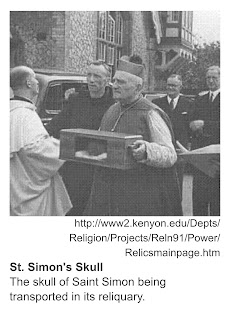By His own example when persecuted our Lord instructs us as to how to conduct ourselves in times of persecution.
Continuation of the Holy Gospel according to John
John 7:1-13 At that time: Jesus walked in Galilee; for he would not walk in Judea, because the Jews sought to kill him. And so on.Homily by St. Augustine, Bishop of Hippo.28th Tract on John In this chapter of the Gospel, my brethren, our Lord Jesus Christ hath much commended Himself unto our faith, as touching His Manhood. At the same time, His words and works were alway such as to give us to believe that He is both God and Man, yea, that God Who made us, and that Man Who hath sought us, yea, God the Son, Who, as touching His Godhead, is alway with the Father, John i. 18; iii. 13, and, as touching His Manhood, hath been with us in time. Matth. i. 23. For He had not sought the work of His hands unless He had been made His own work. John i. 14. Keep this well in mind, and let your hearts never forget it, namely, that Christ was not made Man so as to cease to be God. He, Who made the Manhood, took It into that Godhead Which is His from everlasting to everlasting.
While therefore He lay hid in the Manhood, we must not think that He had suffered any lessening of power, but that He was giving example to our weakness. When He willed it, He was taken; when He willed it, He was put to death. John x. 18. But, since He was to have members, that is, His faithful people, who would not have that power over their lives which He, our God, had over His, He hid Himself, He concealed Himself, as if it were to escape being put to death, to show what should be done by those His members in whom He should dwell.
Christ is not the Head of His Church in such sense that He is not in her Body; but the whole Christ is in the Head, and the whole Christ is in the Body. That, then, which His members are is Himself, though That Which He is, That are not therefore His members. For if His members had not been indeed His Own, how had He said unto Saul, Acts ix. 4: Why persecutest thou Me? since Saul was not persecuting Him in Himself, but in His members, that is, in His faithful ones which were upon earth. He said not: Why persecutest thou My holy ones, nor: My servants, no, nor yet called He them by that more honourable name “My brethren”, but, “Why persecutest thou Me?”; that is, the members of My Body, whose Head I am.















